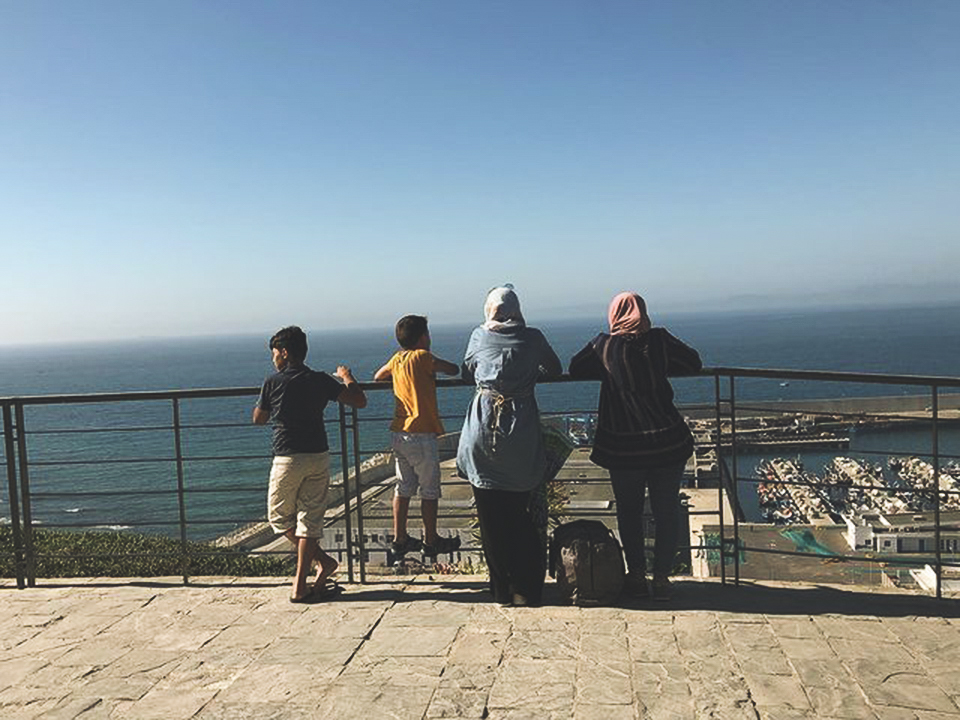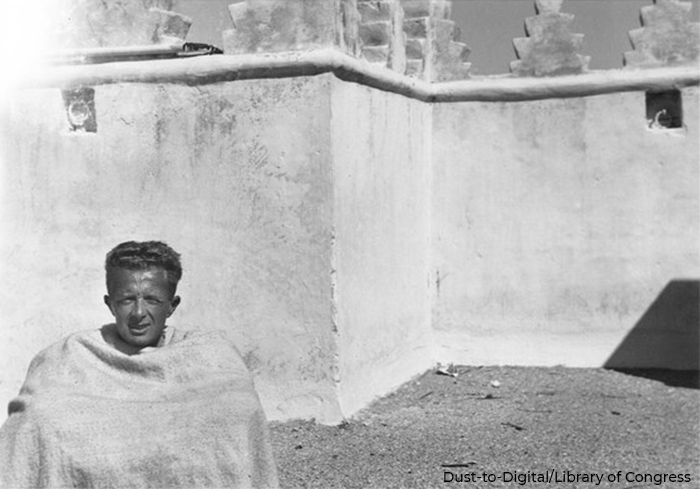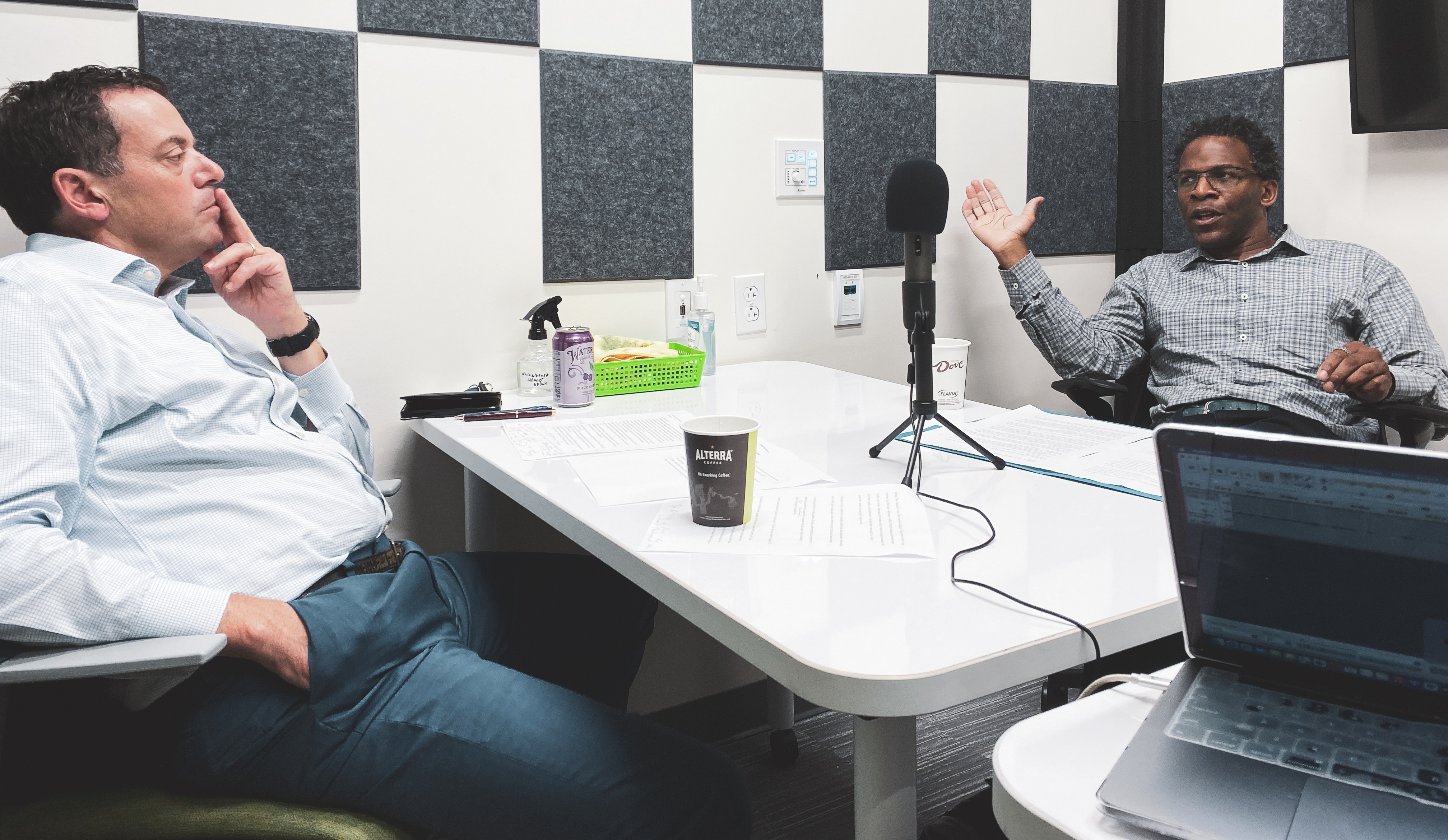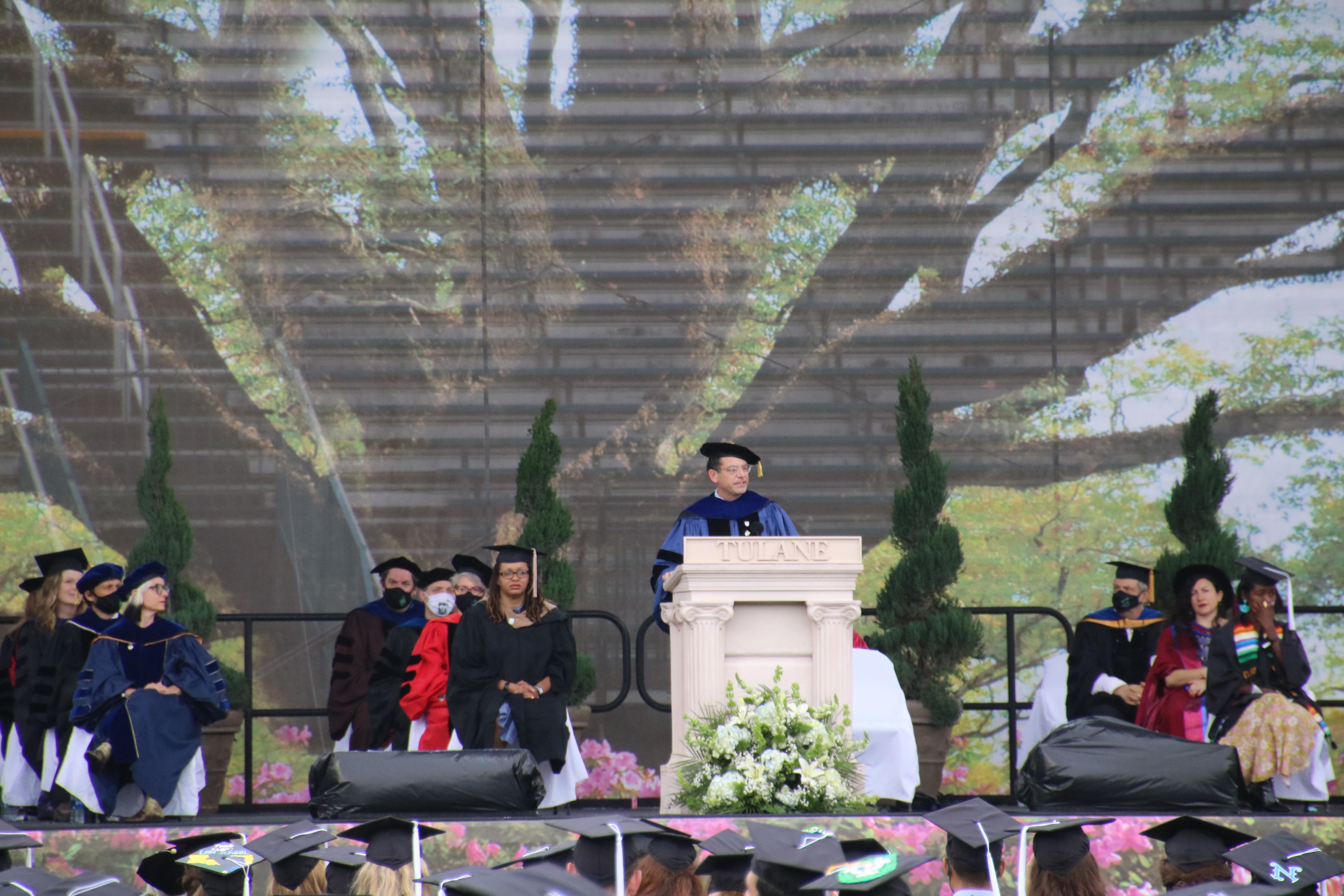In collaboration with Moroccan author Driss Ksikes and a multinational network of partners, this initiative brings together scholars, curators, artists and activists based in port cities on five continents—including New Orleans, Tangier, Naples, Saint-Louis, Beirut, Barcelona, Havana, Doha, Mumbai, and Rio de Janeiro—to engage and learn from each other.
Two central premises ground this project. First, port cities share certain characteristics, both positive and negative, such as high levels of complexity, multilingualism, environmental crisis, income disparity, and particularly rich cultural sectors. Second, there is a special potential for such cities to mobilize their creative economy for positive change, and individuals we call “organic connectors” are uniquely positioned as agents of transformation.
...
The first stage of the project (New Orleans—Tangier–Naples) is under way and will feature gatherings—expositions, symposia, workshops, community events—and a range of deliverables.
We break down the typical boundaries between university and community to facilitate the emergence of new ideas and mobilize the energies and intelligence found throughout. Urgent challenges such as those we grapple with are the purview of all and the project summons the creative energies of stakeholders from all sectors.



